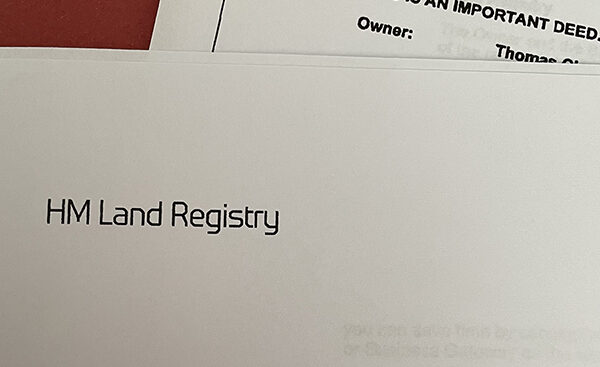Royal Assent was given to create the Economic Crime (Transparency and Enforcement) Act 2022 (the Act) on 15 March 2022. The new Act requires Companies House to set up and maintain a new public register of the beneficial owners of non-UK entities that own UK land, which will be known as The Register of Overseas Entities (the Register).
It’s estimated that 95,000 UK properties are held by overseas companies. The Act intends to address concerns around the lack of transparency as to who owns the land when an overseas entity is listed as the registered owner with HMLR.
The objective of the Act is to prevent the use of UK property either to launder money, finance terrorism or invest the proceeds of other unlawful activities.
Where an overseas entity wishes to own UK land, it will need to identify and list its beneficial owners much like the present PSC process. Generally, if a beneficial owner holds 25% or more of the shares or voting rights, or if they can appoint or remove a majority if its directors, or have the ability to exercise some other significant influence or control over the entity, then they will need to be included on the Register.
The Act will change land registration procedures to impose restrictions that prevent dealings in the UK land. These will significantly strengthen the incentive on overseas entities and those dealing with them to ensure compliance with the Act but raise additional transactional steps that will need to be overcome.
Work on the implementation of the Register is underway, and we at Feltons welcome this move.
Once the Register’s launch date is known, overseas entities who already own land in the UK will be given 6 months to register their beneficial owners or managing officers.
We can assist with the registration process.
Please contact Paula Felton if you require further information:
pfelton@feltonssolicitors.co.uk



